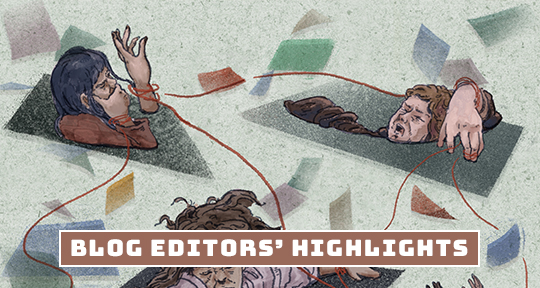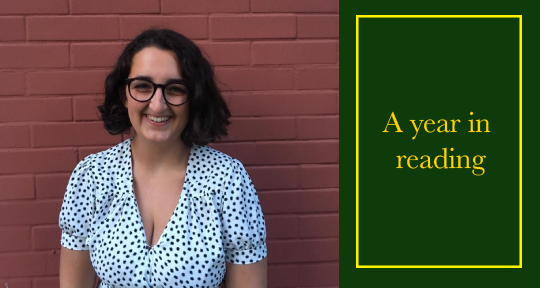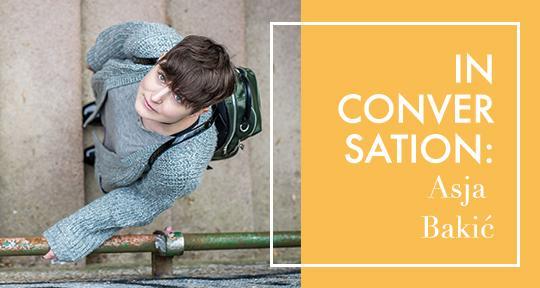He lived off the economy of his body. After putting it deliberately to bed, he would annihilate it, as it were, when he forced himself to wake up early to write an article. And this was what displeased him: to be—just like a laborer—a producing machine, with even his body brought to heel, his sleep transformed into a positive, mechanical phase of work, a sort of battery, a rejection of sensual pleasure.
What happens when the bodily economy of writing meets the market economy of publishing? From the Summer issue, coming in at number 9, The Photography Critic and The Editor by cult author Hervé Guibert (tr. Daniel Lupo) captured the universal anguish of sacrificing your very self to fulfill the base needs of subsistence. Written in the 1980s, Guibert’s writing feels eerily timely, bringing into focus the relentless droll of capitalism, whose insidious reach extends even to such “artistic” fields as publishing. For those of us who fancy ourselves creatives, the market economy’s suppression of artistic impulses is particularly chilling, compelling the art critic of the story to write for money as opposed to for his own satisfaction.
Guibert, who was also a filmmaker, photographer, and critic, wrote prolifically in his last year, before dying at the age of thirty six from complications of AIDS. It is not surprising then that his writing is “close to the body,” as translator Daniel Lupo points out in his interview with Meghan Racklin, our Assistant Editor for Fiction, who wrote elsewhere that she is “a fan of Hervé Guibert’s writing generally, but hadn’t encountered him in quite this mode before; the sentences are shorter, the stories more barbed and direct. It was a pleasure to see this different gradation of his work and his commentary on artistic production, the labor of writing, and the market realities that surround the creation of art seem enormously relevant to the work of writing today.”





